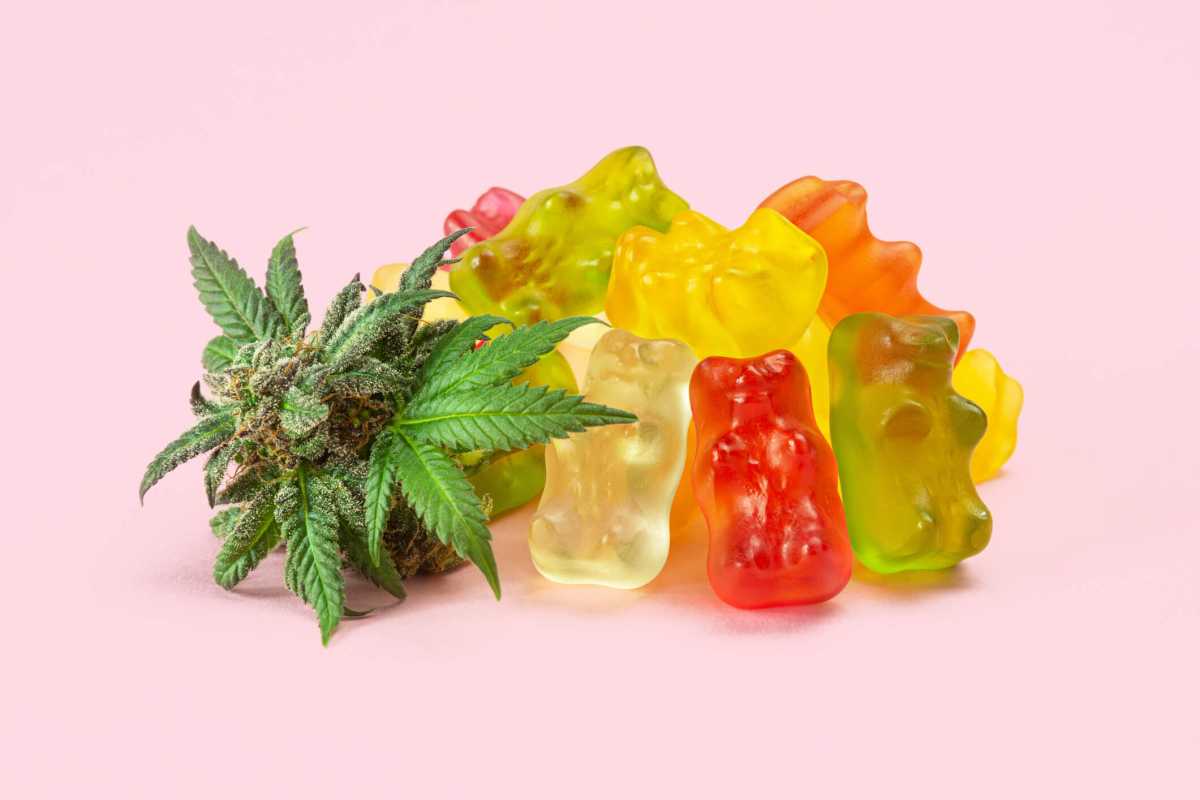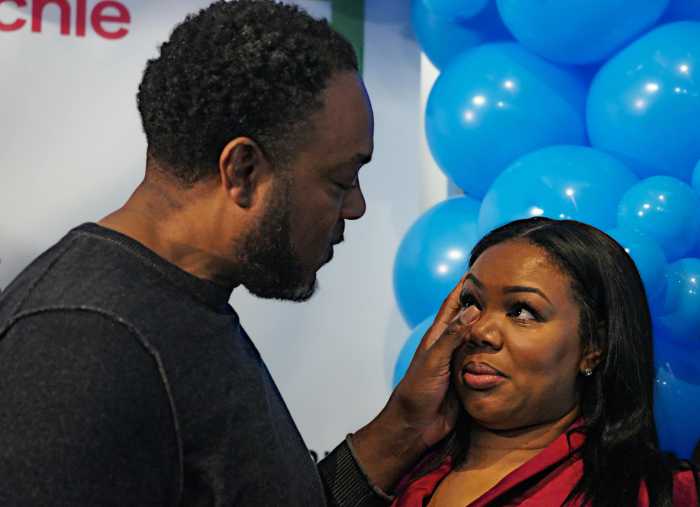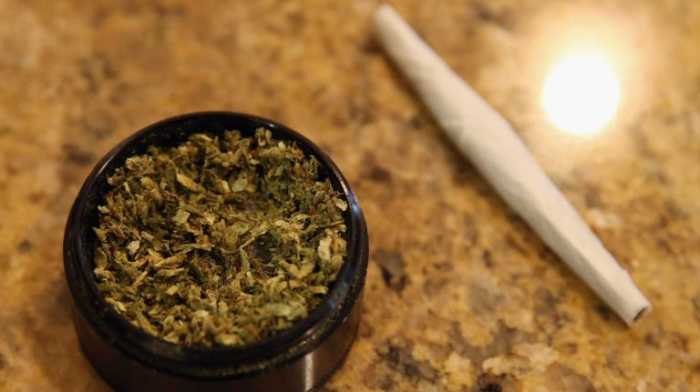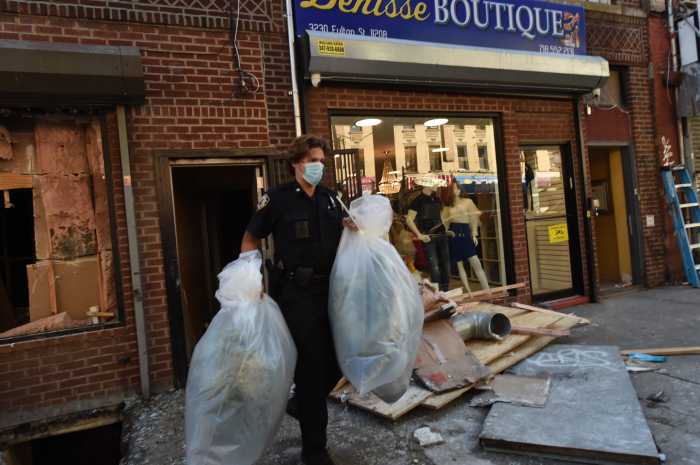Can you tell the difference between a cannabis-infused candy and a regular treat sold at your local grocery store? With packaging purposefully designed to match familiar brands, it is hard even for us as adults. And if an adult can’t tell the difference, it’s safe to say a child can’t tell the difference either.
That’s why it’s no surprise that, nationally, there has been an uptick in the number of children that have ingested cannabis-infused edibles. Just last month, an 11-year-old boy on Staten Island was hospitalized after eating several cannabis-infused edibles he mistook for candies at a Super Bowl party with other kids.
According to the National Poison Data System, calls to poison control centers involving children under the age of 6 consuming cannabis-infused edibles drastically increased from 207 in 2017 to 3,054 in 2021.
I share this important information as one parent to another. Just as we childproof our homes to protect our young ones from other potential hazards, like electrical outlets, dishwasher pods, and cleaning supplies, it is important that families know how to safely store cannabis and other substances if it is inside the home.
In recognition of National Poison Prevention Week, the NYC Administration for Children’s Services (ACS), in partnership with the NYC Poison Center of the NYC Health Department, Cannabis NYC, Union Square Travel Agency Cannabis Dispensary, Harlem Hospital, and Emblem Health, will be hosting Information and Resource Fairs to raise awareness among parents, family members, and other trusted adults about the poisoning risks associated with cannabis-infused edibles. Just one cannabis-infused product can contain several times the recommended adult dose of THC, the psychoactive ingredient in cannabis, and, when eaten by a child can result in overdose effects such as stupor, mild tremors, seizures, and in rare cases, coma. We know the experience has also been frightening for children.
ACS is encouraging families to take the following steps to keep children safe from unintentionally ingesting cannabis-infused products:
- Store cannabis-infused products safely. Store cannabis edibles the same way you would store medications and other potentially toxic products. Make sure they are separate from other food and drinks and keep them in a secure place like a lock box or high cabinet that is out of sight and reach of children.
- Avoid buying THC edibles that come in packages that look like real candies and snacks and store them in an out-of-reach location immediately after use.
- Use with caution. Always ensure your children are safely cared for when you plan to use cannabis.
- Talk to family members, friends, and caregivers. Ask anyone whose home your children spend time in if they use cannabis edibles. If they do, make sure they store cannabis edibles safely and don’t use them in front of your children.
If you know or suspect a child has eaten something containing cannabis, contact the NYC Poison Center of the NYC Health Department at 212-POISONS (764-7667) as soon as possible. Call 9-1-1 or go to an emergency room immediately if your child is having difficulty breathing, a seizure, or if you are unable to wake them.
Those attending the Poison Prevention Week Information and Resource Fairs will receive free lock boxes to help keep cannabis-infused edibles locked and out of reach of children. The Fairs will take place in Manhattan: on March 20th (4pm to 6pm) at the Union Square Travel Agency Cannabis Dispensary at 62 East 13th Street, NY, NY 10003 and March 22nd (11am to 4pm) at Harlem Hospital/Mural Building, and in Brooklyn on March 25th (12pm to 3pm) at the Seth Low Community Center. We hope to see you there.
Jess Dannhauser is the Commissioner of the NYC Administration for Children’s Services.





































